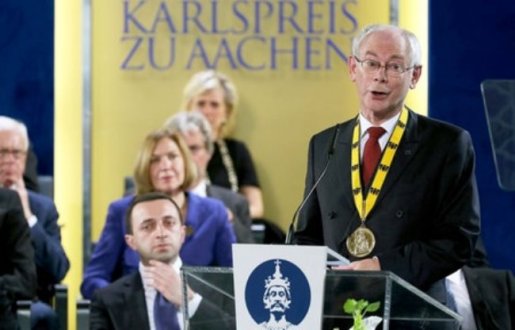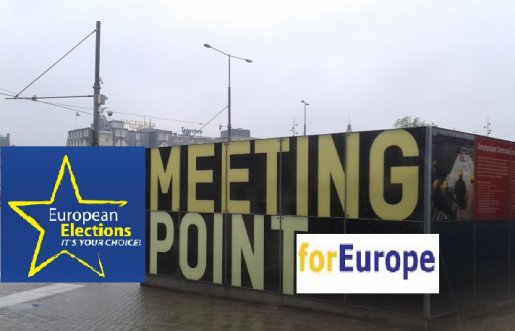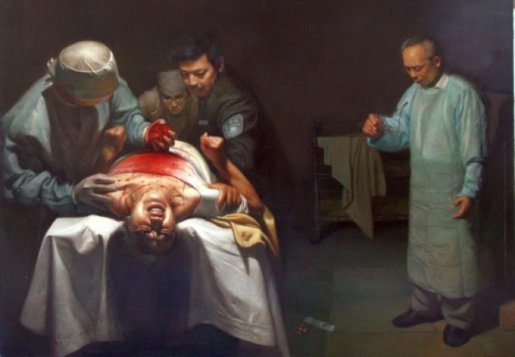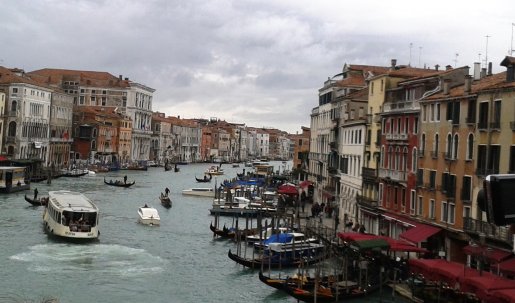"This is probably the only tourist hot-spot in the world without traffic problems", I thought as I got on a vaporetti - a waterbus. The Venetian canal (above) forms the main road and vaporetti are the buses, and are quite cheap at €18 for a 12 hour pass.
Nearby, a group of Japanese tourists were enjoying a ride on a gondola- a kind of private taxi. One ride for a maximum of 6 people costs about €80, but I heard stories that the gondoliers often charge extra for the added bonus of singing. Many shops follow the same practice- the ‘eat-in' fee is the equivalent of the tip.
From the vaporetti, you can observe the typical Italian architecture, especially the many churches. In medieval Italy it was popular to steal the relics of the saints and because of this, St Nicholas is buried in Bari. However, the remnants of St Mark (San Marco) the evangelist rest in the basilica in Venice patrolled by his symbol - a lion. The basilica is decorated with mosaics and onion-shaped cupolas - that's the byzantine architecture, and Marco Polo even brought aspect of Asian culture from his travels.













